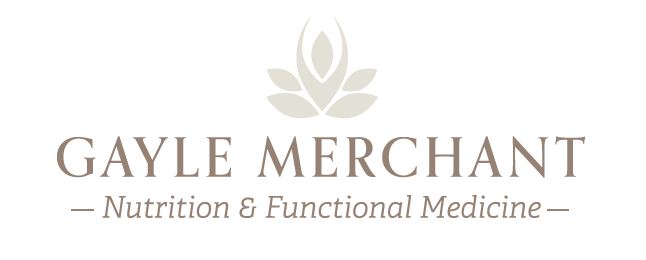MENOPAUSE
Menopause usually occurs in the 40’s and 50’s although for some women it can happen sooner due to health conditions.

What are the symptoms of Infertility?
A woman is officially in menopause 12 months after her last period. It is a natural process where the egg reserves in the ovaries become depleted and hormone levels start to drop as a consequence. Menopause usually occurs in the 40’s and 50’s although for some women it can happen sooner due to health conditions or health history. It is typical that there will be variations in the menstrual cycle in the year or so leading up to the cessation of periods.
What are the symptoms of menopause?
- Irregular periods (perimenopause)
- Hot sweats
- Mood swings
- Weight gain (especially around the abdomen)
- More frequent urination
- Thinning hair
- Insomnia
- Dryness in the vagina
- Changes in breast tissue
- Joint aches and pains
Conventional approach
HRT (hormone replacement therapy) may be recommended if symptoms are particularly challenging. This can be as tablets, creams, patches, or implants. These can cause side effects as well as relieving some of the symptoms. Some HRT has been seen to be linked to an increased risk in some cancers such as breast and ovarian.
Things you can do:
- Eat cruciferous vegetables – broccoli, kale, cauliflower, cabbage etc all help to balance hormone levels. Eat at least 2 portions a day.
- Eat more phytoestrogen foods – these mimic oestrogen in the body to help to regain balance, e.g., flaxseeds, chickpeas, sesame seeds and lentils.
- Reduce stress levels – take up meditation, deep breathing, yoga or tai chi or walk in nature daily. Such practices help to balance the emotions at a time when moods can fluctuate with hormonal changes.
- Exercise regularly – daily if possible, even if it is just a walk. Exercise helps to reduce other risk factors such as; bone loss, inflammation, poor sleep, stress.
What can Functional Medicine do to support?
- Use food, herbs and supplements to support hormonal balance as an alternative to HRT.
- Use food, herbs and supplements to support stress levels, sleep issues, and liver detoxification which are all crucial aspects to support the process.
- Use lifestyle medicine to help support stress levels, exercise programmes, better sleep and reducing environmental toxins.
- Use functional testing to understand what additional nutrients are needed in the diet to keep the body supported during this change.
5 Pillars of Functional Medicine

Managing Stress
Chronic stress can lead to an increased risk for many diseases through
suppression of the immune system. Lets find ways to manage stress and to
nurture, to calm, to re-set and restore the immune and nervous system.

Sleep
Sleep is the first like of defence against infectious disease. Getting good quality
sleep is restorative and preventative. We’ll work together to ensure you have
a good sleep routine and get a least 7 – 9hrs restful sleep a night.

Nutrition
Food is our medicine; it tells us what genes to switch on or off, it gives the cells
the nutrients that the body needs to function and provides the energy that we
need to lead an enriched life. Here, we’re all about enjoying food for life.

Relationships
Toxicity is not just about chemicals and pesticides; toxicity can come from
relationships and can affect our physical and mental health and well-being.
We’re all for healthy relationships that help us to thrive and grow as human beings.

Exercise
Lack of exercise is the primary cause of most chronic diseases and also accelerates ageing.
Exercising can prevent or delay the onset of chronic disease and it supports
better sleep, assists in weight control, improves mood and boosts energy.
Menopause and Functional Medicine
Do you suffer from menopause and have tried all the usual approaches?
Functional Medicine can help you, simply book an online consultation or arrange a free 15 minute discovery call and find out how we can help.





